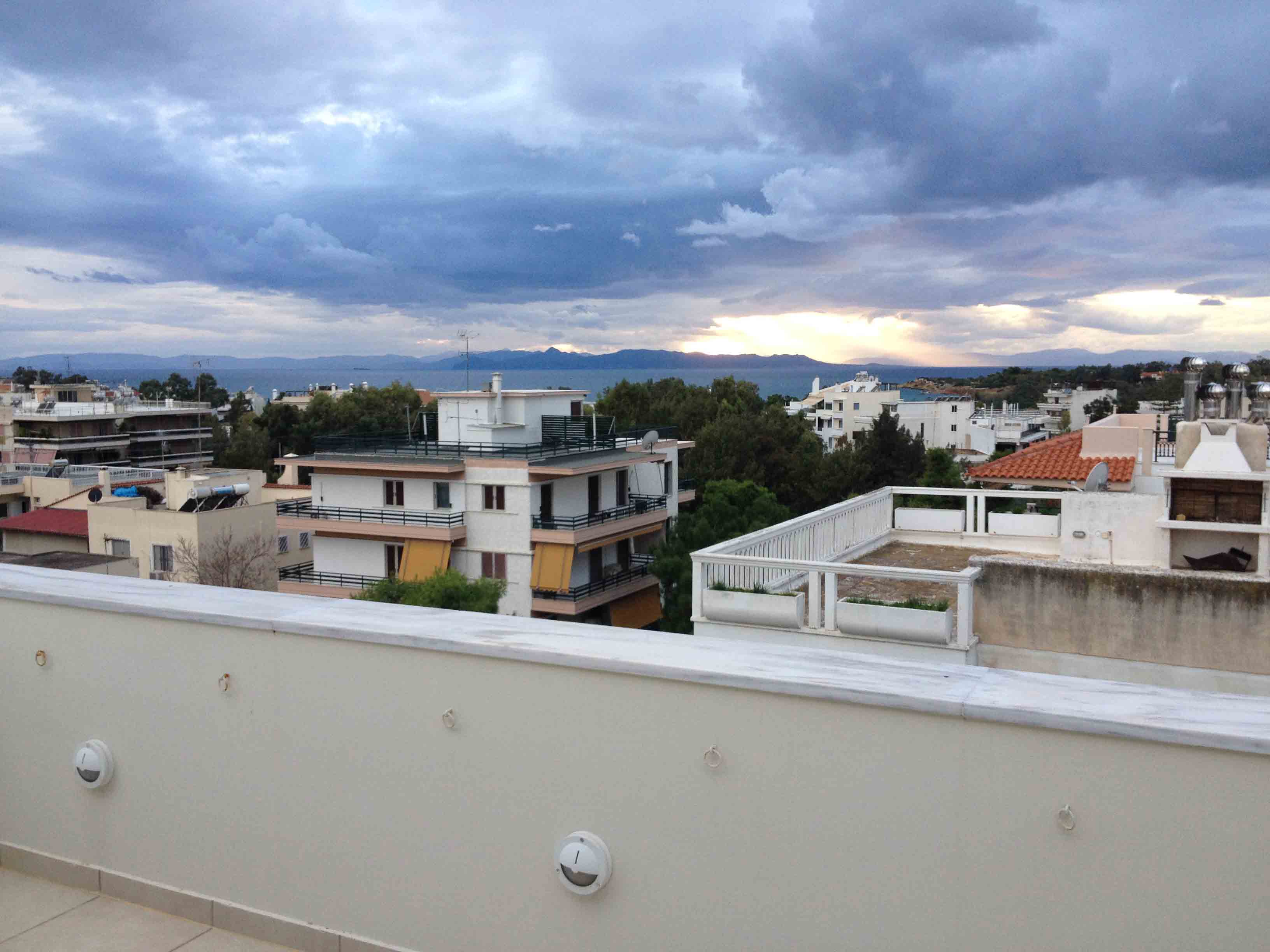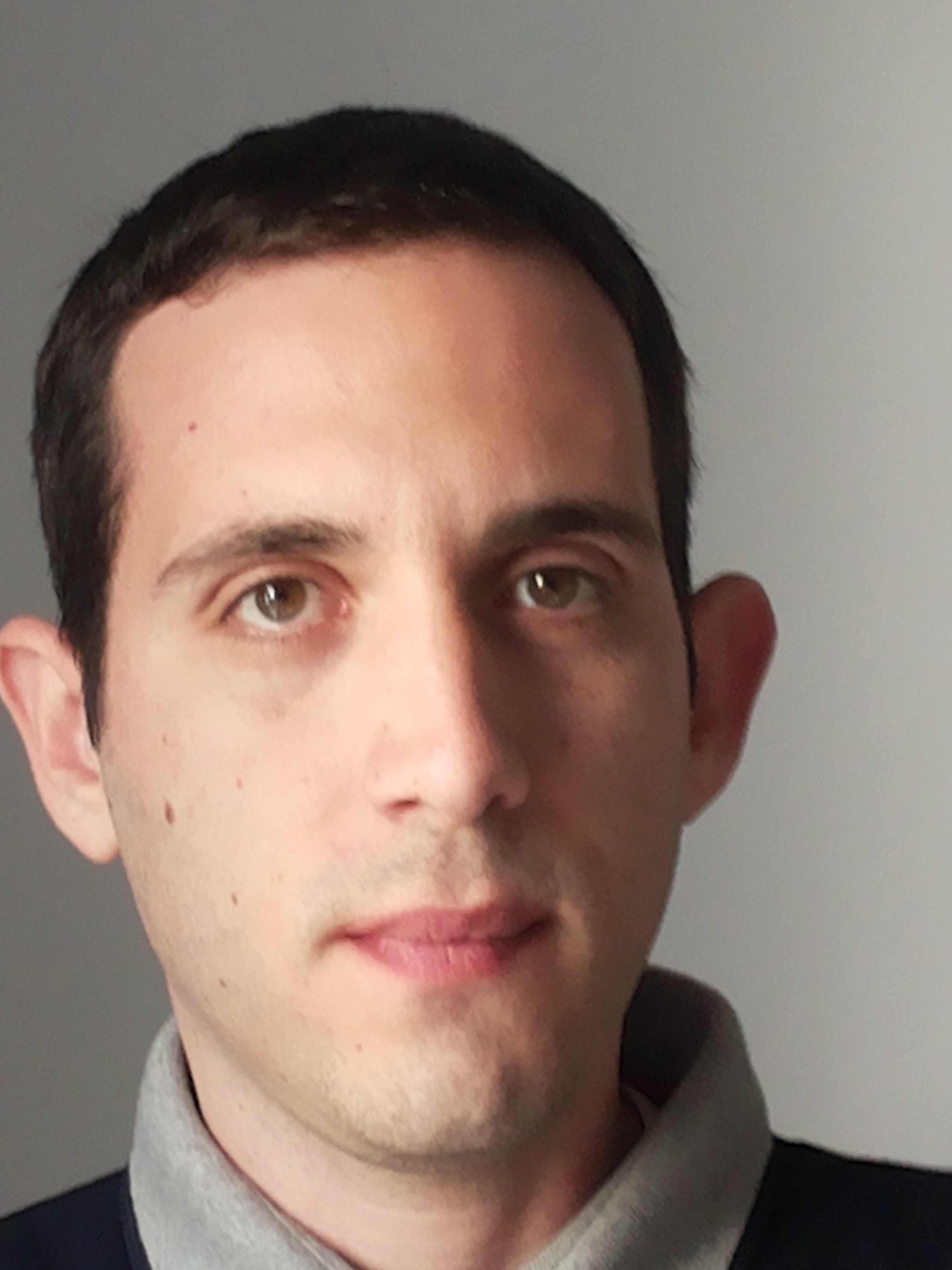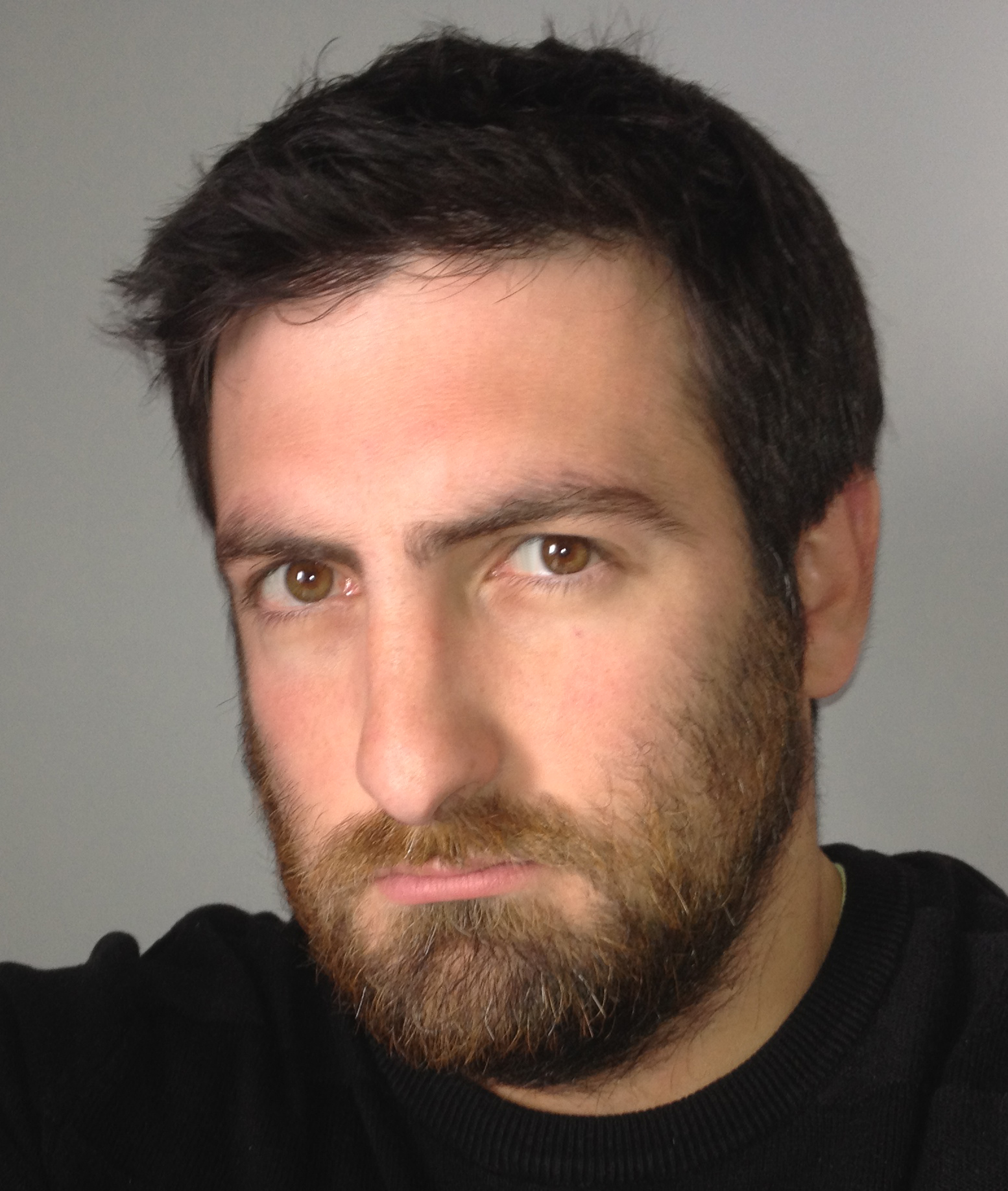An overwhelming share of America’s lesbian, gay, bisexual and transgender adults (92%) state culture has grown to become more accepting of these within the decade that is past the same quantity anticipate it to cultivate much more accepting into the decade ahead. They attribute the modifications to a variety of facets, from individuals knowing and reaching an individual who is LGBT, to advocacy for the kids by high-profile general general public numbers, to LGBT grownups families that are raising. 1
In the exact same time, nevertheless, an innovative new nationally representative study of 1,197 LGBT grownups provides testimony towards the numerous ways they feel they’ve been stigmatized by culture. About four-in-ten (39%) state that sooner or later inside their life these people were refused by a member of family or friend that is close of the intimate orientation or sex identification; 30% state they are actually attacked or threatened; 29% say they are built to feel unwanted in a spot of worship; and 21% state they’ve been addressed unfairly by the company. About six-in-ten (58%) say they’ve been the goal of slurs or jokes.
Additionally, simply 56% say they will have told their mom about their orientation that is sexual or identification, and 39% have told their daddy. Many whom did inform a moms and dad state so it damaged their relationship that it was difficult, but relatively few say.
The study discovers that 12 may be the median age at which lesbian, homosexual and bisexual grownups first felt they might be something other than heterosexual or right. For people who say they now understand without a doubt they are lesbian, homosexual, bisexual or transgender, that understanding arrived at a median age of 17.
Those types of who have shared these records with a relative or good friend, 20 could be the median age of which they first did therefore.
Gay men report having reached each one of these being released milestones notably prior to when do lesbians and bisexuals.
The study ended up being carried out April 11-29, 2013, and administered on the web, a study mode that research suggests tends to create more answers that are honest an array of delicate subjects than do other less anonymous modes of survey-taking. For lots more details, see Chapter 1 and Appendix 1.
The study finds that the LGBT population is distinctive in lots of ways beyond intimate orientation. Weighed against the public that is general Pew Research LGBT study respondents are far more liberal, more Democratic, less spiritual, less satisfied with their life, and more content with the typical way for the country. An average of, they’re more youthful compared to the public that is general. Their loved ones incomes are reduced, that might be linked to their general youth while the smaller size of their households. Also, they are very likely to perceive discrimination not merely against by themselves but in addition against other teams having a legacy of discrimination.
Concerning the study
Findings in this report  derive from two data sources that are main
derive from two data sources that are main
This report is situated mainly for a Pew Research Center study regarding the population that is LGBT April 11-29, 2013, among a nationally representative test of 1,197 self-identified lesbian, gay, bisexual and transgender grownups 18 years old or older. The test comprised 398 men that are gay 277 lesbians, 479 bisexuals and 43 transgender grownups. The study questionnaire had been written by the Pew Research Center and administered by the GfK Group making use of KnowledgePanel, its nationally representative research panel that is online.
The internet survey mode ended up being opted for because of this research, in component, because considerable research on sensitive and painful problems (such as for example medication use, intimate behavior and even attendance at religious solutions) suggests that the internet mode of study management will probably generate more honest responses from respondents on a selection of subjects.
The margin of sampling mistake for the full LGBT sample is plus or minus 4.1 portion points during the 95% confidence degree. To get more details on the LGBT study methodology, see Appendix 1.
The comparisons made between LGBT adults and the general public are taken from other Pew Research Center surveys in most cases.
Same-Sex Marriage
On the subject of same-sex wedding, needless to say, there was a gap that is large the views regarding the general public and people of LGBT grownups. And even though a record 51% for the public now favors gays that are allowing lesbians to marry legally, up from 32% in 2003, that share continues to be far underneath the 93% of LGBT adults whom prefer same-sex marriage.
Despite almost universal support for same-sex wedding among LGBT grownups, a substantial minority of this population—39percent—say that the matter has drawn a lot of attention far from other conditions that are very important to individuals who are LGBT. However, 58% say it must be the main priority also if it requires attention far from other dilemmas.
The survey discovers that 16% of LGBT adults—mostly bisexuals with opposite-sex partners—are currently hitched, compared with about 50 % the grownups into the public that is general. Overall, an overall total of 60% of LGBT survey participants are either hitched or say they’d want to marry one day, weighed against 76% of this public.
Big majorities of LGBT adults in addition to general agree that is public love, companionship and making a lifelong dedication are particularly crucial reasons why you should marry. Nonetheless LGBT study participants are two times as likely as those in the public that is general state that getting protection under the law and advantages can also be an essential explanation to marry (46% versus 23%). And also the average man or woman is much more likely than LGBT respondents to state that having kiddies is an essential explanation to marry (49% versus 28%).

 English
English





